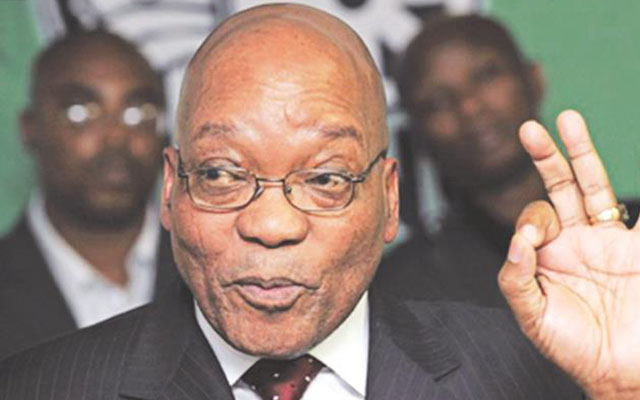37th Sadc Summit harnessing public private partnerships

Correspondent
The 37th Sadc Summit of Heads of State and Government to be held in Pretoria, South Africa, will deliberate on a wide range of issues, including exploring ways of harnessing the public and the private sector to work together to promote sustainable economic development in the region.
The theme for the Sadc Summit set for August 19-20 is “Partnering with the private sector in developing industry and regional value-chains”.
The theme continues the trajectory of the previous three summits, building towards the goal of industrialisation and sustainable development.
The 2014 Summit held in Victoria Falls, Zimbabwe focused on economic transformation and sustainable development “through beneficiation and value-addition”.
The 2015 Summit hosted by Botswana looked at harnessing industrialisation through “Transformation of Natural Endowment and Improved Human Capital,” while the summit held in Ezulwini, the Kingdom of Swaziland in August 2016 paid special attention to promoting industrialisation through “Resource Mobilisation for Investment in Sustainable Energy Infrastructure.”
The 37th Sadc Summit will focus on how Public-Private Partnerships (PPPs) can be harnessed to drive forward the industrialisation agenda of southern Africa.
PPPs are regarded as a viable model for attracting investment for public projects by allowing governments to have more access to additional capital and off-balance sheet financing.
Summit is also expected to consider a report by the Secretariat on the development of an implementation plan and roadmap on the conclusions of the Strategic Ministerial Retreat on the “Sadc We Want” that was held in Swaziland in March.
Among other things, the retreat directed the Secretariat to develop an effective mechanism for tracking progress in the implementation of regional programmes as well as compliance to protocols and legal instruments.
It also called on the Sadc Secretariat to prioritise programmes by focusing on infrastructure development, industrialisation and market integration, with peace and security as a prerequisite for economic development.
In so doing, it recommended that the prioritisation of regional programmes should observe the principles of subsidiarity and additionality. It was agreed that the Secretariat should focus on coordination of programmes while Member States should focus on implementation.
Summit is also expected to consider progress on the development of the Sadc Resource Mobilisation Framework (Alternative Sources of Funding Sadc Regional Programmes).
The framework is expected to explore alternative sources of funding to determine how fiscal space could be created to enable Sadc Member States to finance regional programmes, projects and activities.
Agriculture and food security remains a top priority for the Sadc region, and the summit is expected to focus on measures to improve food security in the region, in particular how to strengthen implementation of the Regional Agricultural Policy that aims to improve production, productivity, competitiveness and trade in the agricultural sector, natural resources and environment.
Generally, the 2017-18 food security situation across the region is expected to improve significantly as a result of better rainfall experienced during the 2016-17 growing season, except for the western and north eastern parts where there was below normal rainfall.
Preliminary estimates and projections indicate an increase of cereal production in most Member States during the 2016-17 farming season. Another topical issue expected to be discussed by summit will be the proposed new structure of the Sadc Secretariat.
Other key issues for discussion by the summit is the general political situation in the region. The political and security situation in the region has remained peaceful and stable as member-states continued to adhere to democratic values and practices by holding regular national elections.
There have, however, been some challenges in the Kingdom of Lesotho and continued insecurity in the eastern part of the Democratic Republic of Congo.
At the summit, South African President Jacob Zuma will assume the rotating Sadc chair from King Mswati III of Swaziland.
Prior to the Sadc Summit, there will be meetings of senior officials, followed by the Council of Ministers and a Double Troika meeting on 18 August. — sardc.net.







Comments